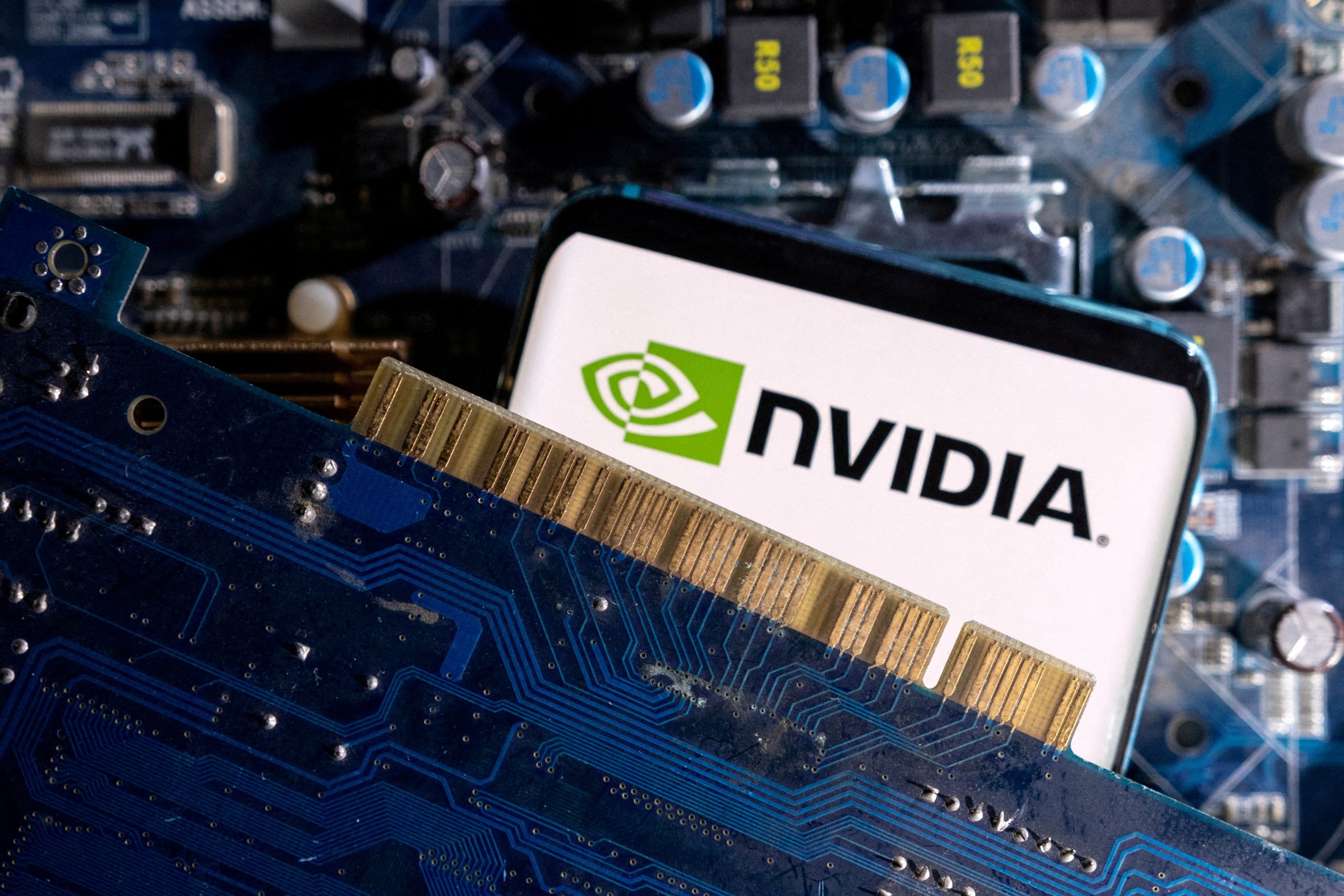Enforcing AI Standards: A Call for Ethical Use
The expansion of AI chip restrictions by the US has caught the attention of Mustafa Suleyman, co-founder of Google DeepMind. He advocates for ethical use of Nvidia’s AI chips and urges the US to enforce global AI standards. In this article, we delve into the implications of this call for ethical AI and the broader impact on the tech industry.
Understanding the Expanded AI Chip Restrictions
The US has recently broadened its restrictions on the export of advanced AI chips from companies like Nvidia and Advanced Micro Devices (AMD). Initially focused on China, these restrictions now extend to other regions, including certain Middle Eastern countries. This move is a response to growing concerns about the potential misuse of AI technology.

Suleyman’s Call for Ethical AI Use
Mustafa Suleyman, not only a co-founder of Google DeepMind but also the CEO of Inflection AI, has weighed in on the matter. He suggests that the US should permit the sale of Nvidia’s AI chips exclusively to buyers who commit to using the technology ethically. Suleyman’s proposal aims to establish a moral foundation for AI use, emphasizing the responsibility of both technology providers and users.
The Need for Global AI Standards
Suleyman goes a step further, advocating for the enforcement of minimum global standards governing the use of AI. He contends that companies should, at a minimum, align with the commitments made by leading AI firms to the White House. These commitments include measures like watermarking AI-generated content to enhance safety and accountability.
Mandating Ethical Commitments
The crux of Suleyman’s argument lies in mandating that any purchaser of Nvidia chips agrees to uphold, at the very least, the voluntary commitments established by AI leaders. This move seeks to ensure that AI technology is harnessed for the greater good and not misused for nefarious purposes.
Implications for the Tech Industry
Suleyman’s stance resonates in an era where AI plays an increasingly pivotal role in our lives. As the CEO of Inflection AI, a Microsoft-backed startup that recently secured substantial funding, his influence in shaping AI ethics is substantial. His call for ethical AI aligns with a broader conversation involving tech executives and experts urging collaboration between AI developers and policymakers to establish governance and regulatory frameworks.
FAQs
1. Why has the US expanded restrictions on AI chip exports?
The US has expanded these restrictions due to concerns about the potential misuse of advanced AI technology in regions beyond China. It aims to prevent AI technology from falling into the wrong hands.
2. What are the voluntary commitments made by leading AI firms to the White House?
These commitments include measures such as watermarking AI-generated content to enhance the safety and accountability of AI technology.
3. How does Mustafa Suleyman propose to ensure ethical AI use?
Suleyman suggests that purchasers of Nvidia chips should commit to using the technology ethically, aligning with the voluntary commitments made by leading AI firms.
4. What is the significance of enforcing global AI standards?
Enforcing global AI standards ensures that AI technology is harnessed responsibly and consistently worldwide, promoting ethical use and mitigating potential risks associated with AI misuse.




